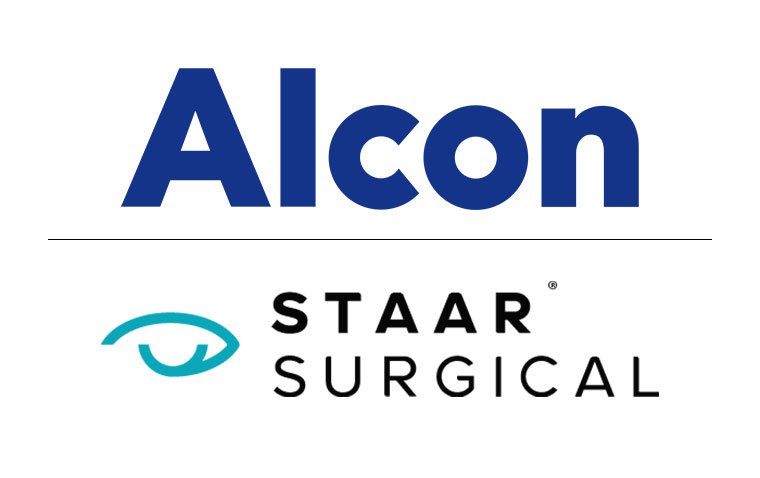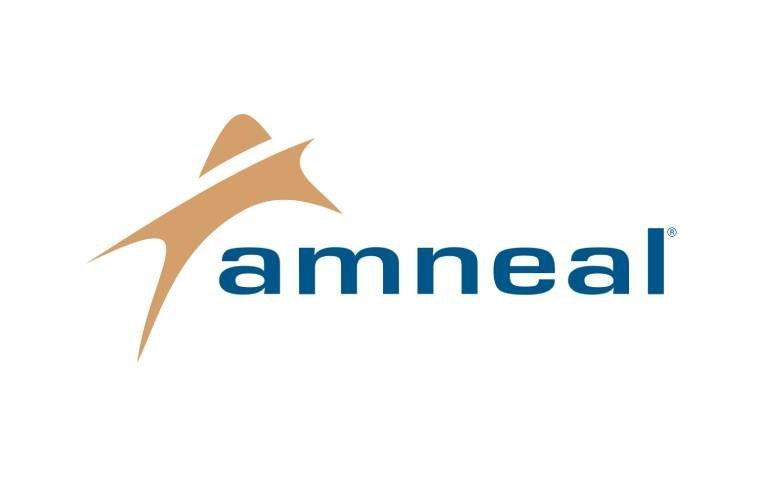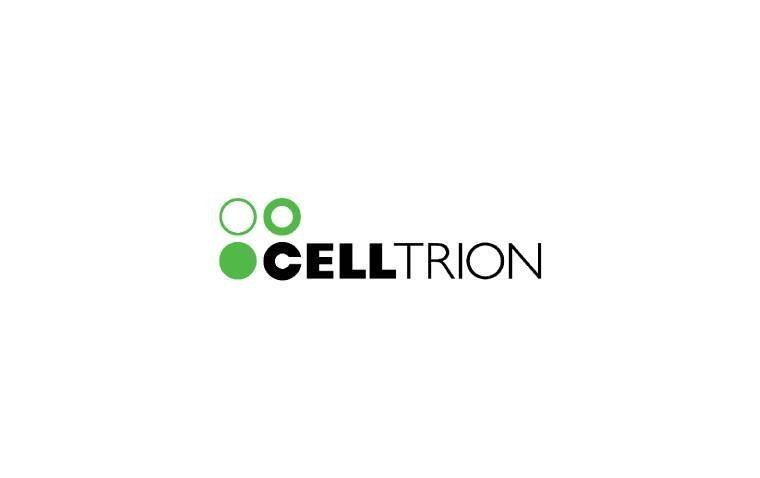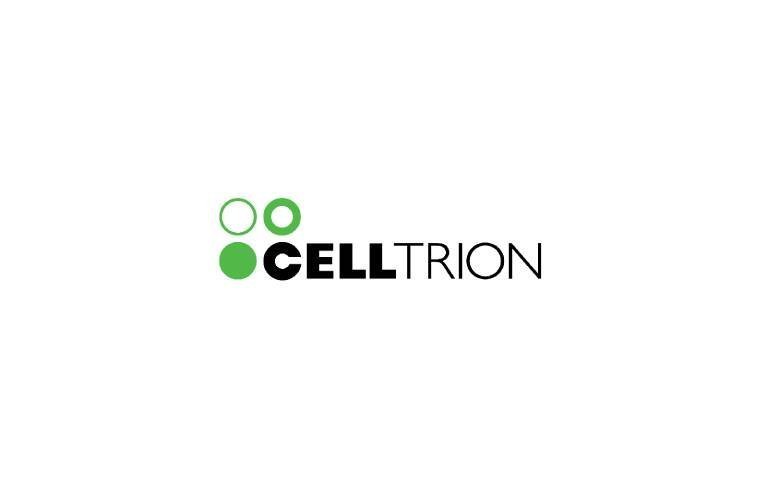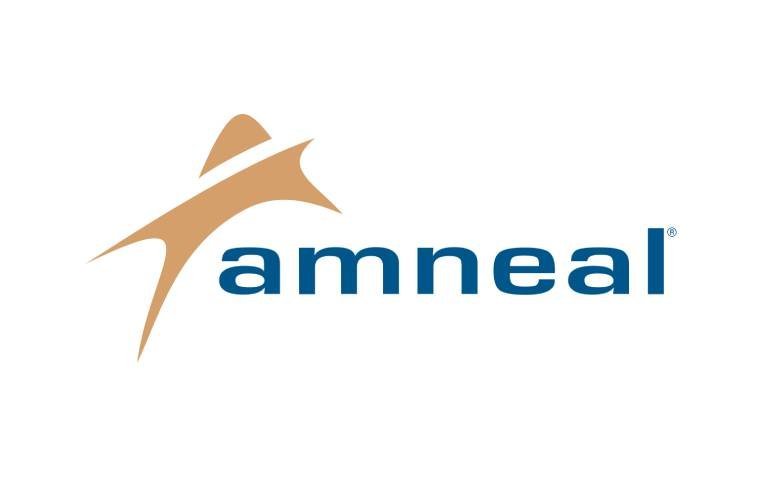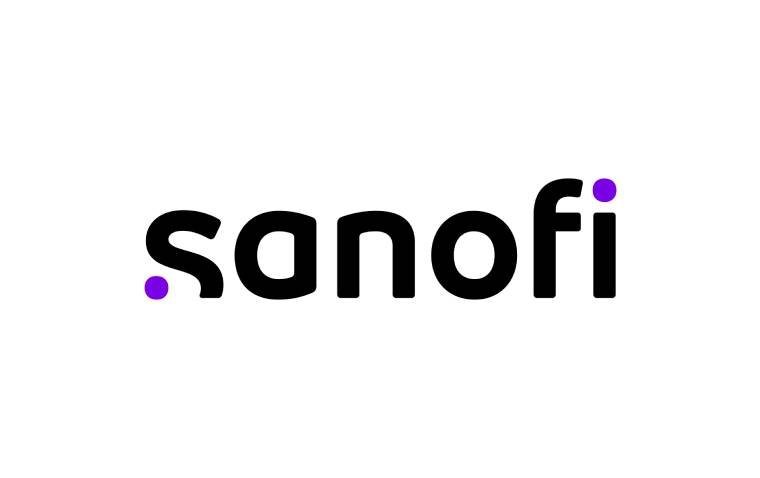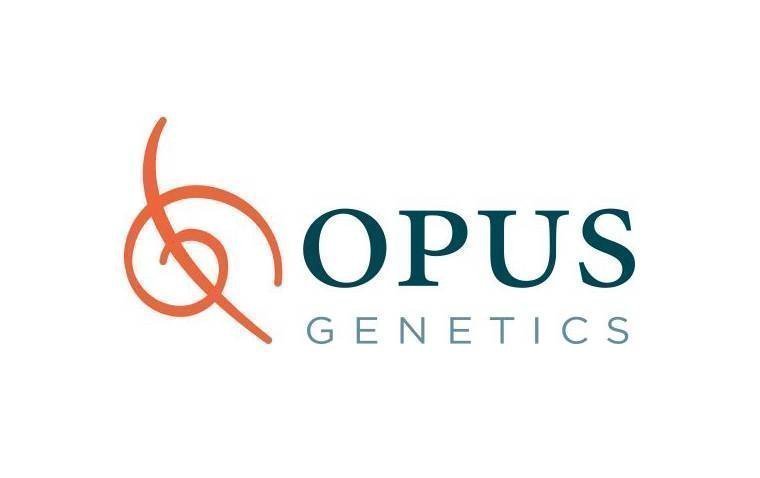
Alcon has amended its merger agreement to acquire STAAR Surgical, increasing the purchase price to $...
read moreThe U.S. Food and Drug Administration (FDA) has approved Amneal Pharmaceuticals’ cyclosporine ophtha...
read moreCelltrion, Inc. has announced that Health Canada has approved Eydenzelt, a biosimilar referencing Ey...
read moreThe U.S. Food and Drug Administration (FDA) has approved Glaukos’ New Drug Application (NDA) for Epi...
read moreThe U.S. Food and Drug Administration (FDA) has approved Eydenzelt (aflibercept-boav), a biosimilar ...
read moreAmneal Pharmaceuticals has received FDA approval for its Abbreviated New Drug Application (ANDA) for...
read moreThe U.S. Food and Drug Administration (FDA) has accepted idebenone for priority review as a potentia...
read moreThe U.S. Food and Drug Administration (FDA) has granted Fast Track Designation to Sanofi’s investiga...
read moreOpus Genetics has received Investigational New Drug (IND) clearance from the U.S. Food and Drug Admi...
read moreLenz Therapeutics has received U.S. FDA approval for VIZZ (aceclidine ophthalmic solution 1.44%), ma...
read more More
More
